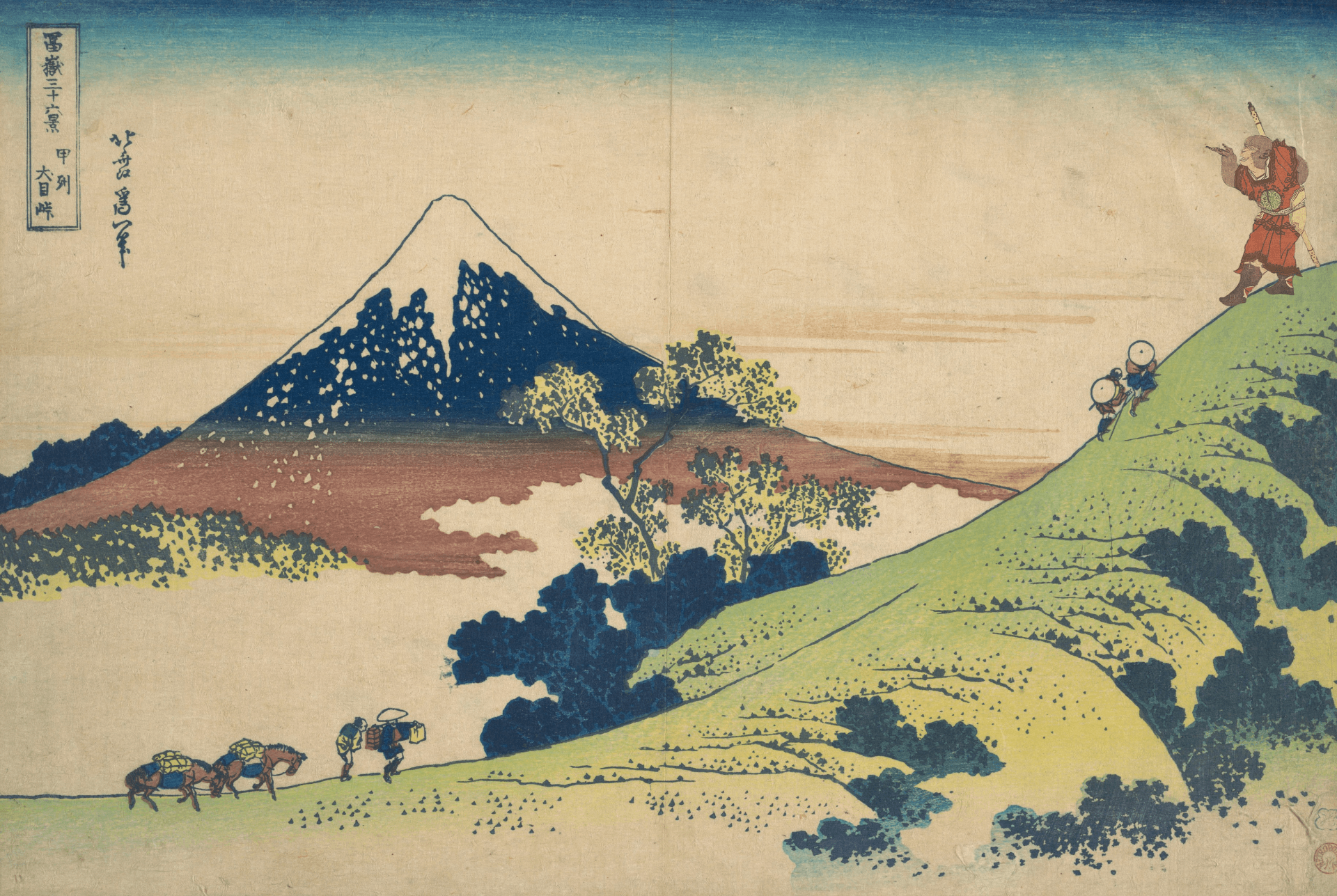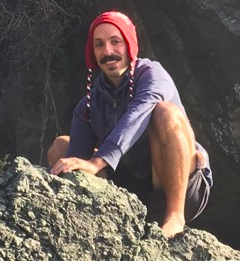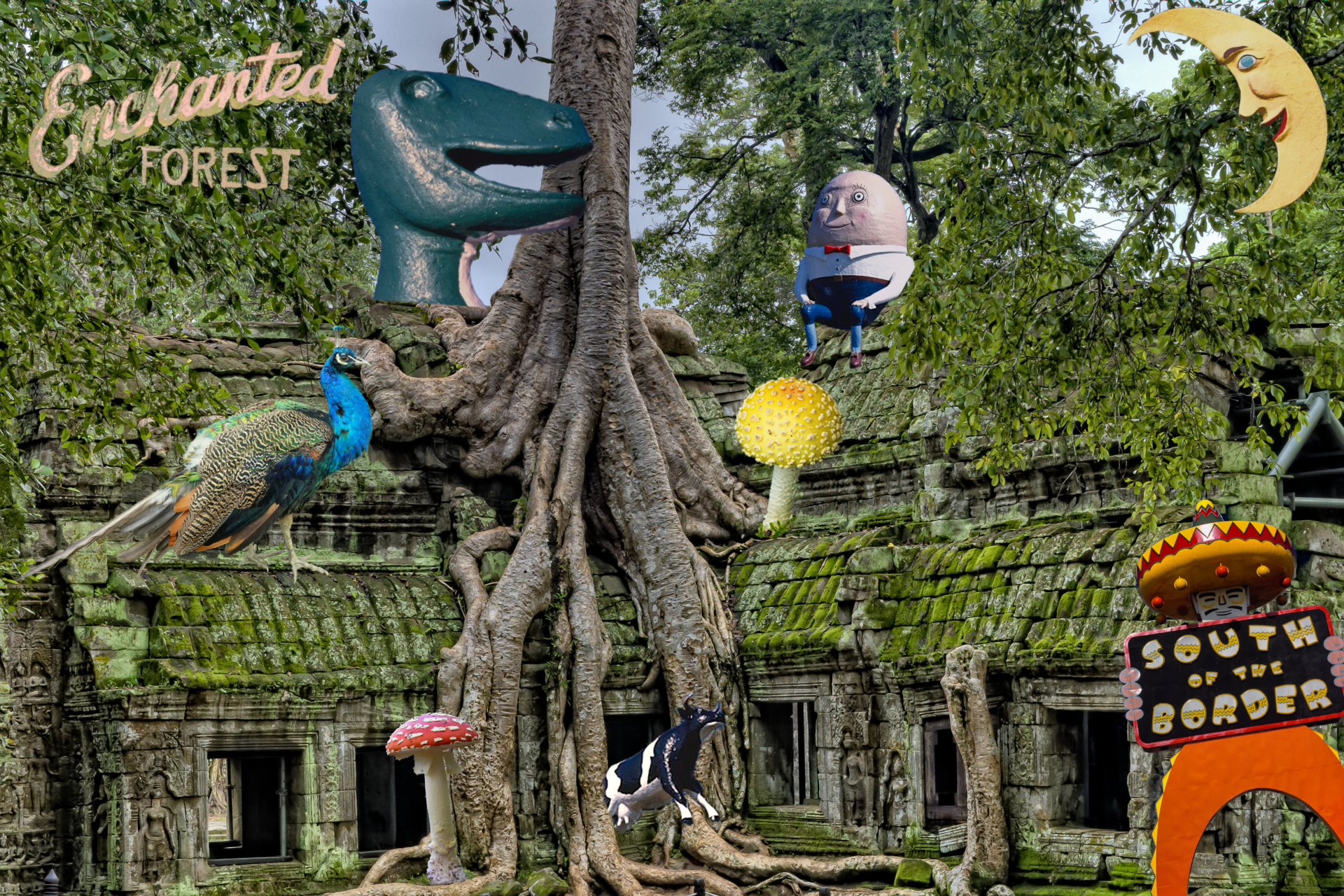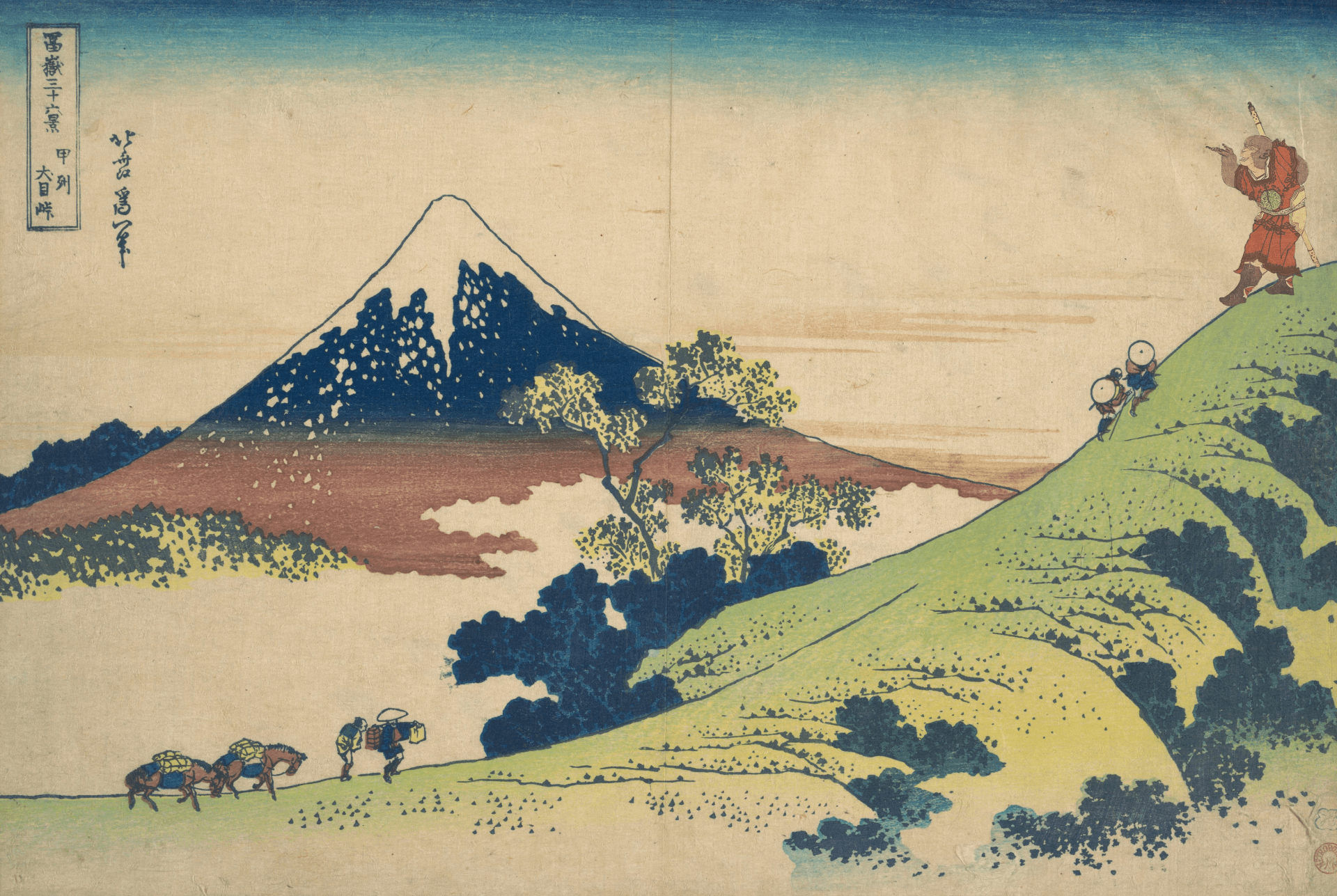
Forgiveness and Compassion
As I said here, so I'll say again:
Here's another essay, or article, in the same series as these: Your Voice Carries Well, One Love.
If you read those, you know the context for this.
If you didn't, I wrote it when I worked at Spring Forest Qigong. It was for the monthly newsletter that ran for a while while I was there.
I wrote it in March of 2018.
08 April 2022
Forgiveness and Compassion
Are you already practicing Qigong? Were you raised in a religion? Some of us are; most of us were.
What, then, are these words that we keep hearing, which we are endlessly entreated to embody – compassion, forgiveness, unconditional love? Have you ever really thought about these words? Have you ever really sat with them? What do they mean – to you? Has somebody simply told you, or have you discovered for yourself? If not – where do you even start?
Have you ever been to the ocean?
Sometimes you can sit at the edge of the shore, and as far as the eye can see, there’s only wave after wave after wave, an endless desert of listlessly rolling gray water, lulling your mind to sleep. But if you walk in just a little, suddenly you find your feet have nothing under them, your head is under water, and – you’re in a world you never could have known existed! Hills of stone with surreal flowers, giant flying turtles with the eyes of sages, ribbons of color, luminescent clouds, and shimmering fields of honeycombed light; echoes of things deeper reach your skin as touch, and reverberate in your own depths.
This is what it’s like to discover for yourself, to dive inward for understanding; this is the difference between the surface and the depths – and only a breath and a wish divide them.
What is compassion? What is forgiveness? What is unconditional love? Have you never dived before? The ocean is endless, and one can dive from anywhere; but let’s pass through the surface with words. Will you come along?
Forbear… forgo… forsake… forgive – for, for, for, for. What is for for?
Chuang Tzu said, “The purpose of a fish trap is to catch fish, and when the fish are caught, the trap is forgotten. The purpose of words is to convey ideas. When the ideas are grasped, the words are forgotten. Where can I find a man who has forgotten the words, so I can talk to him?”
Words can be maps for those who can read them.
Long ago, the for- in those words bore the sense of “completely” or “away”; when they were fresh in the ears of their hearers, the words had immediate emotional resonance, an almost visual concreteness. So to forgive was to give up, to give away; to forgive was to open the hands that grasp tightly, to relax, release, and let go. Not to forgive, then, was – what? To hold on.
Have you noticed? When you’re angry, brooding, simmering in your resentments all day – your fists clench. Your teeth clench, or grind – as if you were strangling someone, or biting their throat. These are all external forms of holding on – intensely, violently. And the body and mind reflect each other – they are not two different things. What you hold onto inside, you hold onto outside.
When we don’t forgive – who or what is it that we’re not letting go of? Who or what is it that we want to strangle, strike, or bite? The one that caused us pain – a person, a place, a situation – even the world itself.
But – still – why forgive? Were you not hurt? Was the one who hurt you not wrong? Did you choose to be in the place or time where those things happened?
These are questions whose answers swim in depths dark and strange, deeper than this dive will take us; for now, the right or wrong of the pain or suffering is irrelevant.
The beauty of the Qigong perspective is that everything is energy – even pain! But it’s deeper than that. Information is energy. Inner stories are energy. Emotions are energy; negative emotions are powerful energy. And not only are negative emotions energy, but just like an inner grudge, fed on stories and memories, manifests as clenched fists or grinding teeth, so also do the negative emotions manifest inside the body. Liver imbalance manifests as anger, and excessive anger manifests as liver damage; lung imbalance manifests as sadness, and excessive sadness manifests as lung damage; and so on.
What does this mean?
It means that in a very real sense, not to forgive is to swallow poison; and not only to swallow poison, but to pour poison on top of poison, cover it, and let it seethe, spoil, and spread until it seeps into every cell of the body.
The body is so smart! What does it want to do as soon as it recognizes poison? Neutralize and assimilate it, or else throw it out. Yet when we don’t forgive, we’re saying, “No – I need this poison. It’s mine. It belongs here. I’ll never let it leave.” Do you think that makes sense? Yet we don’t understand this.
The beauty of the Qigong perspective is that it did understand this, and that it systematically described, long ago, the nature of negative emotions, the nature of their physical expression inside and outside the body, the essential nature of all things as energy, and the essential nature of energy itself. What is the essential nature of energy? To transform. Do you understand what that means?
With Qigong – and, specifically, Spring Forest Qigong – you have been given the extraordinary gift of transformation, transmutation; if you want it to, your poison can become nectar. In the light of this understanding, the practices Master Lin has offered us become incredibly profound. Look at them again.
Are you holding on to anger, holding on to old stories and old hurts? Why do you think all the active exercises are done with hands open and fingers spread? Why do you think the meditations are done with open hands facing up? The body and mind are not two things. If clenching our hands is second nature to anger – what do you think opening them does? Rumi said, “open your hands if you want to be held.” Even a child knows it. Open your hands if you want the divine to embrace you. Open your hands to receive – gesture and posture are the body’s way of asking and telling.
If clenching our teeth is second nature to anger – what do you think smiling does? Why do you think we begin our Qigong exercises with a smile?
What is forgiveness? Master Lin says Qigong is not a religion. He’s right. But through Qigong, we begin to see the deeper sense of the universal religious injunction to forgive. Through forgiveness we clear our inner, subjective space, allowing our spirit to be purified and the light of objective awareness to shine through it unobstructed. And only in this light is compassion possible.
Do you know the deeper sense of the word “compassion”? It means to suffer with another. How do you suffer with another? What is suffering? Again we feel the draw of strange answers in deep waters, and already you might find yourself short of breath.
It’s enough to say that there is mindless suffering – the agony that eats us up endlessly when we are trapped in our own darkness – and conscious suffering. To suffer consciously is to be so awake, so willingly open and vulnerable, so attuned to those around us that the song of their pain makes us resonate in sympathy, so that their pain and suffering is the same as our own. Do you think you can hear that song if you, yourself, are full of the clatter and clanging of your own agony? Where is there space in you for another when you are filled with yourself? In this light, the gifts of Spring Forest Qigong become incredibly profound.
What is compassion?
The flowering of forgiveness. Forgiveness is the purification that makes us ready to ascend to a higher station of love. And what is unconditional love?
The highest flowering of compassion.
Those who only dip their toes will never touch the depths.
Champion Toe-Dipper
Signs and wonders!
Well, wouldja you look at that -- you actually emailed me. I'm glad you figured my website out.
If you would, give me a little time to reply, ok?
I'll do my best to reply quickly. If you don't hear back within a couple days, you may want to write again.
Take care,
Jian
Oh, boy.
Gremlin in the machine. I don't think your message went through.
Why not take a constitutional and try again a bit after, huh?
Jian





